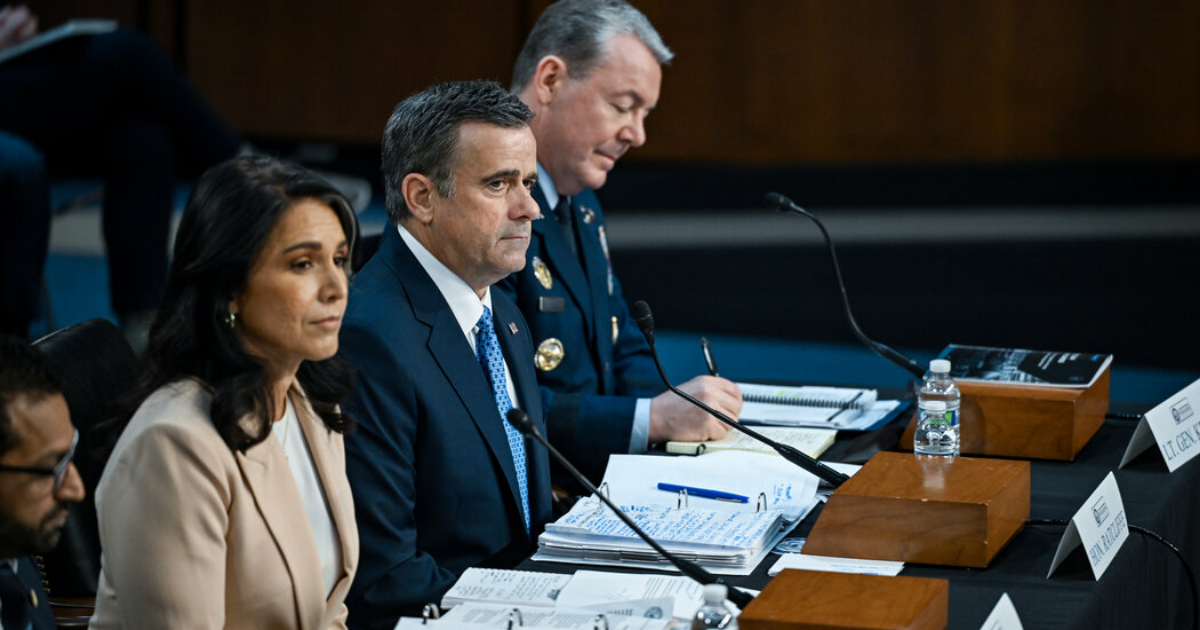The Atlantic on Wednesday released more of the group chat among senior Trump administration officials on a encrypted commercial messaging app in which they discussed U.S. military plans to strike Houthi targets in Yemen, a day after senior officials said there was nothing classified in the messages.
The publication had initially withheld details of the strike plans, saying the information was sensitive. But at a Senate panel hearing on Tuesday, and in comments to the news media, an array of administration officials said that the information was not classified, attempting to downplay the seriousness of the breach.
The new messages, which include screenshots of the full chat on the messaging app Signal, make clear that Defense Secretary Pete Hegseth included specific details of the timing of the launches from aircraft carriers of the U.S. military jets that were to strike Houthi targets.
Launch times are typically closely guarded to ensure that the targets cannot move into hiding or mount a counterattack at the very moment planes are taking off, when they are potentially vulnerable.
Jeffrey Goldberg, The Atlantic’s editor in chief, had been inadvertently added to the chat and was able to observe the messages, which he said he initially thought was a masquerade. He left the group after he realized that it “was almost certainly real” after the strikes forecast in the chat took place. The Atlantic said its release on Wednesday included all the texts except the name of a C.I.A. officer working as an aide to John Ratcliffe, the agency’s director, at the request of the C.I.A.
Mr. Hegseth did not post all the details of the war plans and did not identify the precise targets the planes were going to hit, other than to say they were going after a “Target Terrorist.” But Mr. Hegseth posted the precise times that various waves of planes would take off, information that is typically highly classified.
The new messages are likely to fuel more pointed questions in the House Intelligence Committee, which is questioning Mr. Ratcliffe and Tulsi Gabbard, the director of national intelligence, on Wednesday morning. They were two of the officials who were included on the group chat started by Michael Waltz, the national security adviser.
